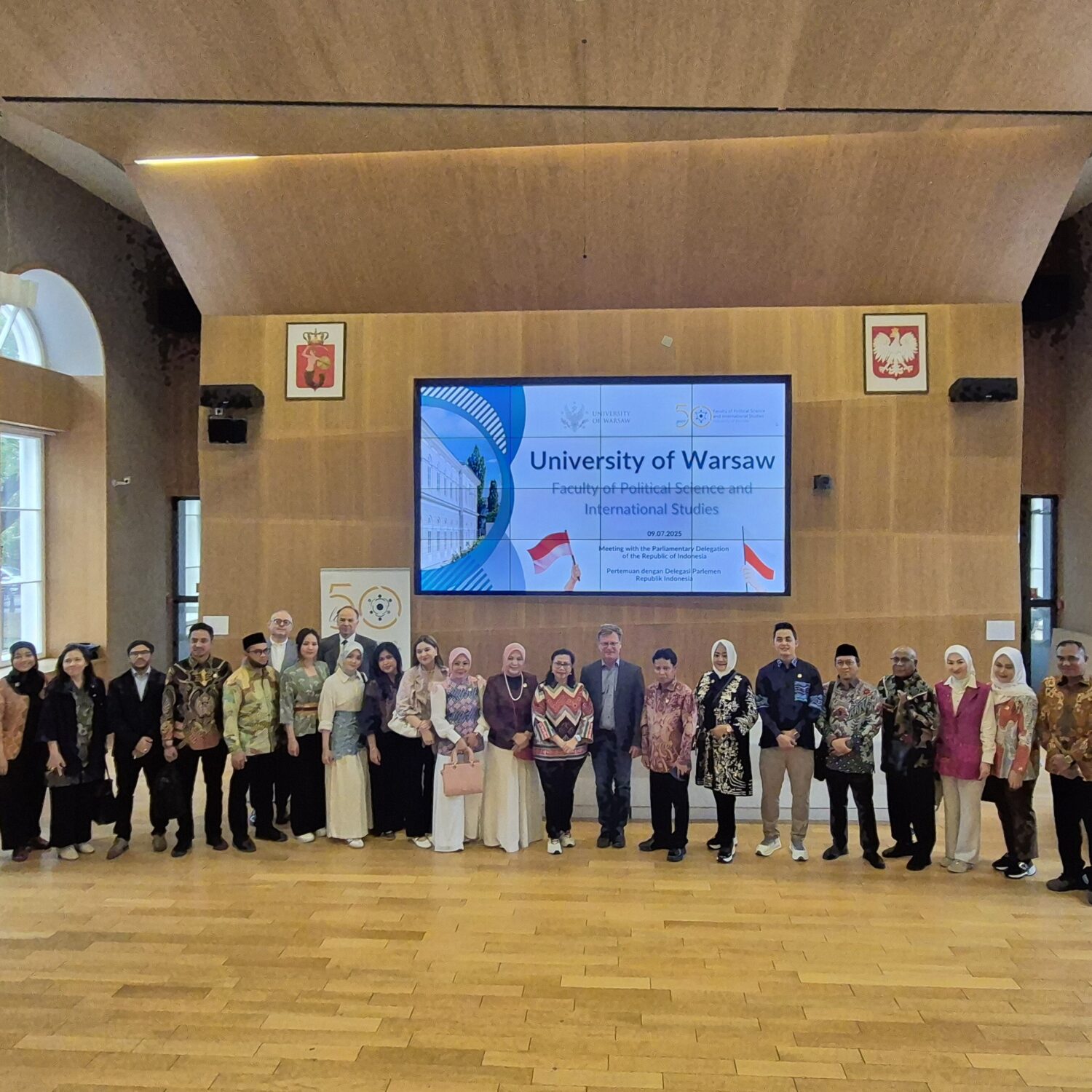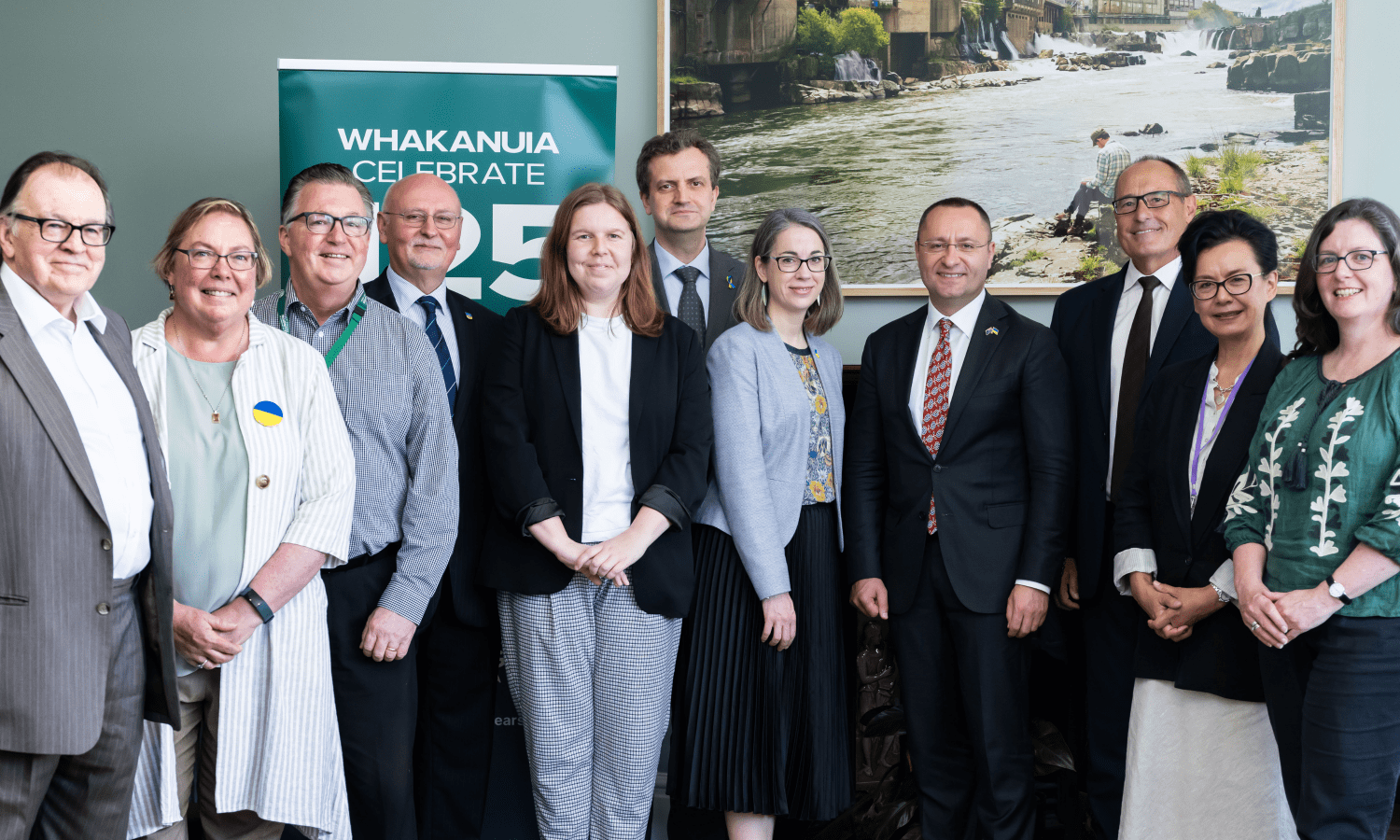NATO, Japan and India: A Structural Cooperation in Indo- Pacific?

Infopack for new students
September 26, 2022
Polish language course
September 29, 2022
Russia’s relentless war in Ukraine has reignited the debate over NATO’s fading relevance. At the same time, it has also provided the alliance with an overarching purpose that seemed to be sorely missing despite the security environment in the Euro-Atlantic zones having been under stress for some time. Long-standing debates between collective defense and cooperative security have only complicated NATO’s future undertaking. Amidst the other defining global threats, a factor that has muddled the waters is the extraordinary, and often belligerent, rise of China, which was perhaps non-existent (for NATO) in 2010, when its last Strategic Concept was released. Now, however, the deepening partnership between Russia and China, and the systemic challenges it poses, forms an important consideration of the Strategic Concept 2022, which was released to guide NATO in developing the necessary tools and collective responses to shared, transnational threats.
The thoroughly updated 2022 Strategic Concept provided the alliance some much-needed clarity on its overall transatlantic strategy, as well as momentum toward building cohesion around NATO’s principles and values to make it relevant for future security challenges. While the war in Ukraine has prompted NATO to explicitly declare Russia the “most significant and direct threat” to its peace and security, how far will NATO judge its cold and brewing competition at large with China? Have the U.S.-China rivalry and Beijing’s rising antagonism crossed the threshold for NATO to declare China as a future (permanent) adversary? Is there a scope of cooperation between NATO and Indo-Pacific? What role Japan and India can play to forge a cooperative relation between NATO and Indo-Pacific?
Chair: Prof. Jakub Zajączkowski, University of Warsaw
Speakers:
Mr. Tatsuo Shikata, Distinguished Visiting Fellow, Kajima Institute of International Peace (KIIP), Japan, and Company Fellow, Mitsui Co. Ltd.
Dr. Jagannath Panda, Head, Stockholm Centre for South Asian and Indo-Pacific Affairs, ISDP, Sweden






